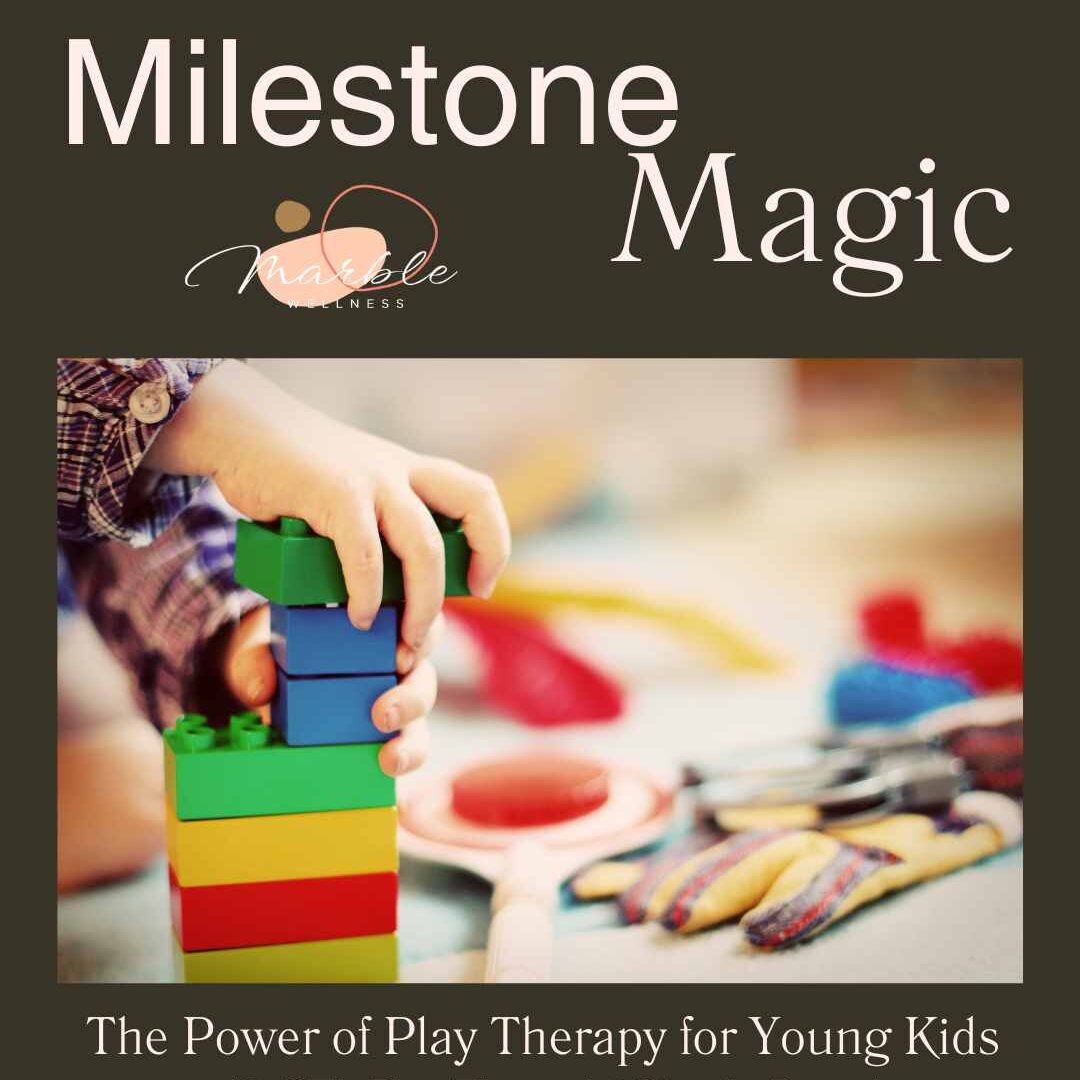Ever notice how the sound of whining can turn a sunny afternoon into a thunderstorm—no matter how many fun plans you’ve made? If you’re a parent, you know that summer break brings its own unique chorus of complaints: “I’m bored!” “It’s too hot!” “Why can’t I have more screen time?” The truth is, even the most well-intentioned families in Ballwin, Chesterfield, and beyond can find themselves stuck in a cycle of grumbling and groaning when the school year ends. But what if you could transform your home into a (mostly) whine-free zone this summer? Let’s explore why kids complain and, more importantly, how you can respond in ways that foster resilience, gratitude, and a little more peace for everyone.
Understanding the Causes of Whining
Before you can address summer complaints, it helps to understand where they’re coming from. Whining is rarely just about the surface issue—it’s often a sign that something deeper needs attention.
Boredom and Lack of Engagement
When routines disappear and the novelty of summer wears off, kids often find themselves at loose ends. Without enough stimulation or purpose, their go-to response is to complain. “There’s nothing to do!” is a classic sign that your child needs help finding meaningful activities or a little structure in their day.
Overheating and Physical Discomfort
Let’s face it—St. Louis summers can be sweltering. High temperatures, sticky humidity, and sunburns can make anyone cranky. Kids may not always recognize or verbalize physical discomfort, so complaints about “not wanting to go outside” or “feeling tired” might actually be signals that they’re overheated, hungry, or just need a break.
Emotional Frustration
Summer can stir up big feelings. Changes in routine, missing school friends, or sibling squabbles can all lead to frustration. When kids don’t have the words to express what’s really bothering them, whining becomes their default language.
Strategies for Reducing Whining
The good news? You don’t have to resign yourself to a summer of complaints. With a few proactive strategies, you can help your child communicate more effectively and build a more harmonious home environment.
Encouraging Communication and Expression
Instead of shutting down complaints, invite your child to share what’s really going on. Try asking open-ended questions:
- “What’s making you feel upset right now?”
- “Is there something you wish we could do together?”
Teach them to use “I feel” statements, such as “I feel bored because I don’t know what to play.” This helps kids develop emotional awareness and gives you clearer insight into their needs.
Offering Choices and Autonomy
Giving kids a sense of control can dramatically reduce whining. Whenever possible, offer choices:
- “Would you like to play outside before or after lunch?”
- “Do you want to read a book or do a craft this morning?”
By letting them have a say in their day, you empower them to take ownership of their experience and reduce power struggles.
Setting Clear Expectations and Routines
Kids thrive on predictability. Even a loose summer routine can help minimize complaints by setting clear expectations.
- Set boundaries around common triggers, like screen time or snack requests, and stick to them consistently.
- Create a daily rhythm—breakfast, playtime, chores, quiet time, and family activities.
- Use visual schedules or charts for younger children to help them know what’s next.

Encouraging Positive Attitudes
Reducing whining isn’t just about stopping complaints—it’s about nurturing a more positive outlook on summer and life in general.
Practicing Gratitude and Appreciation
Build gratitude into your family’s daily routine. At dinner or bedtime, ask everyone to share one thing they enjoyed or appreciated about the day. This simple practice shifts focus from what’s missing to what’s going well, helping kids (and adults) recognize the good even on challenging days.
Fostering a Sense of Responsibility
When kids feel responsible for themselves and their environment, they’re less likely to complain and more likely to contribute positively. Assign age-appropriate chores and celebrate their efforts. Encourage older kids to help plan family outings or cook a meal. Responsibility builds confidence and a sense of accomplishment.
Modeling Positive Behaviors
Children watch how you handle frustration and disappointment. If you respond to setbacks with patience, humor, or problem-solving, your kids are more likely to do the same. Narrate your own process: “I’m disappointed our picnic got rained out, but maybe we can have an indoor picnic instead.” Your attitude sets the emotional tone for the whole family.
Creating a Positive Summer Environment
No summer is completely complaint-free, but with understanding, intention, and a few practical strategies, you can dramatically reduce the whining and increase the joy in your home. Remember, whining is often a child’s way of asking for help, attention, or a little more control over their world. By meeting those needs with empathy, structure, and encouragement, you’ll not only create a more peaceful summer—you’ll also help your child build skills that last a lifetime.
Here’s to a summer filled with more laughter, gratitude, and connection—and a lot less whining.
Start Therapy for Moms, Children, and Families in the St. Louis Area
At Marble Wellness, we know that parenting through summer’s ups and downs can be tough. If you find yourself overwhelmed by complaints or unsure how to support your child’s emotional needs, our therapists in St. Louis and St. Charles are here to help with compassionate, practical guidance. Not only do we have a team of therapists in Ballwin, MO, but we have also recently expanded to serve the Lake St. Louis and Wentzville area! Reach out to our Client Care Coordinator today to discuss your therapy options, both in-person and via online therapy in Missouri.
Contact Us!
Learn About Our Group Offerings

Additional Counseling Services at Marble Wellness in St. Louis, MO
Marble Wellness Counseling services are designed to help set you on a path of living a more fulfilled, calm, and happy life. Our St. Louis area therapists have a variety of training backgrounds and areas of expertise. We specialize in anxiety, depression, grief, chronic illness, therapy for men, couples, and maternal overwhelm. Our practice also helps new moms with various postpartum concerns, moms in the thick of parenting, and moms with teens. We can also chat from wherever you are in the state with online therapy in Missouri. No matter where you are in your journey, we are here to help you thrive!







